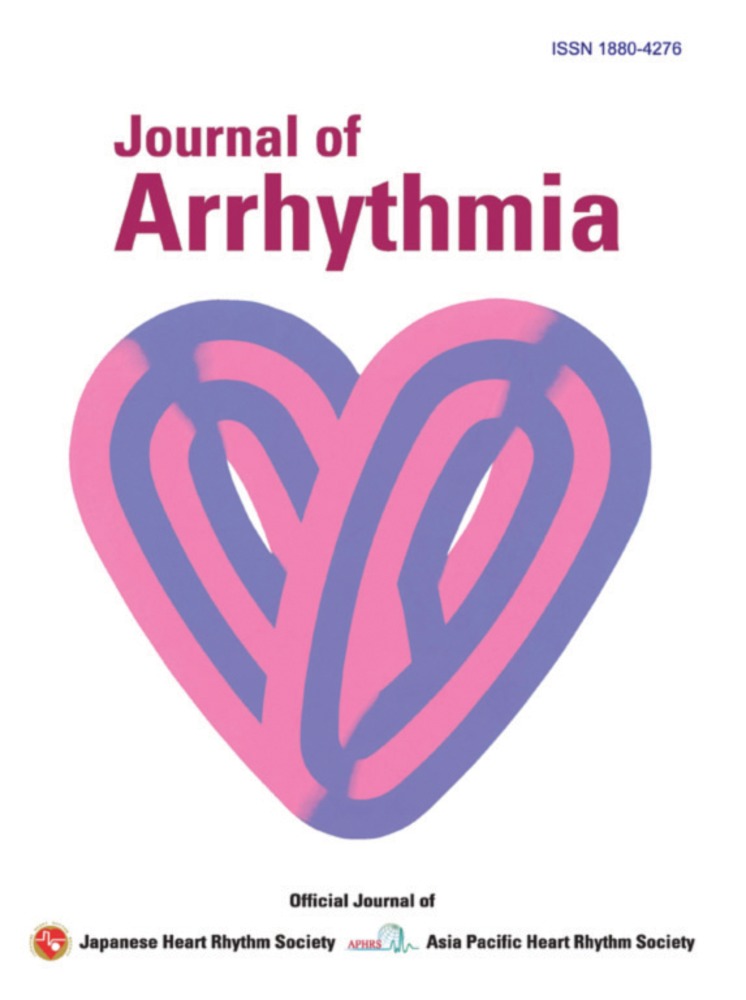Pharmacological Treatment for Atrial Fibrillation
Abstract
Pharmacological treatment for atrial fibrillation has a variety of purposes, such as pharmacological defibrillation, maintenance of sinus rhythm, heart rate control to prevent congestive heart failure and prevention of both cerebral infarction and atrial remodeling. Sodium channel blockers are superior to potassium channel blockers for atrial defibrillation, while both sodium and potassium channel blockers are effective in the maintenance of sinus rhythm. In general, digitalis or Ca antagonists are used to control heart rate during atrial fibrillation to prevent congestive heart failure, while amiodarone or bepridil also reduce heart rates during atrial fibrillation. Anticoagulant therapy with warfarin is recommended to prevent cerebral infarction and angiotensin converting enzyme antagonists or angiotensin II receptor blockers are also used to prevent atrial remodeling. One should select appropriate drugs for treatment of atrial fibrillation according to the patient's condition.




